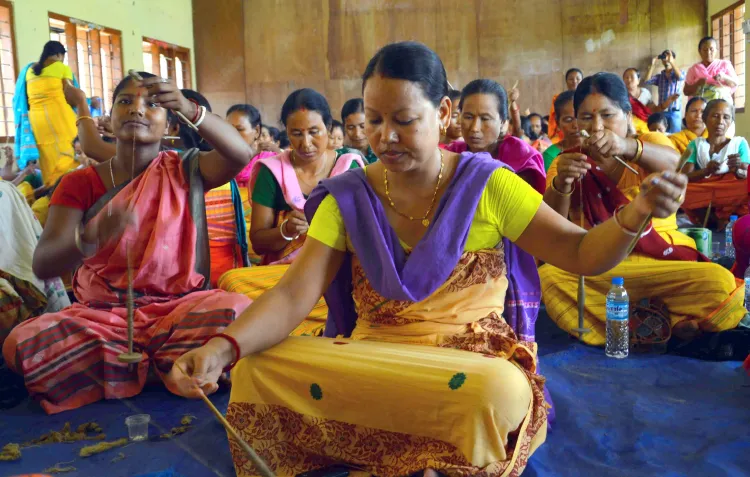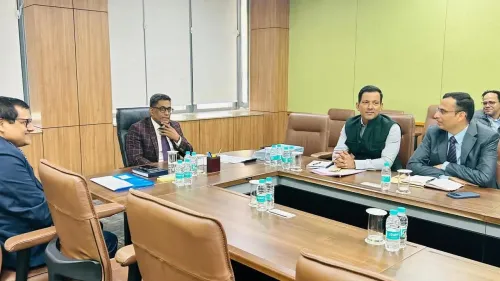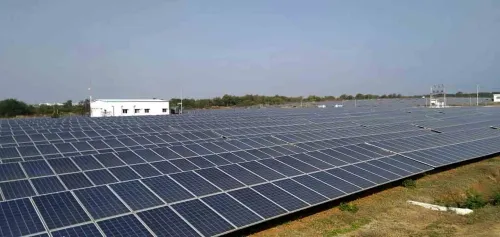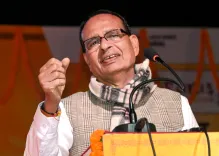Can Small Rural Enterprises in India Create 79 Lakh Jobs Annually?

Synopsis
Key Takeaways
- 79 lakh jobs could be generated annually by rural enterprises.
- Youth literacy in rural areas has reached 97%.
- Higher education enrollment is low, particularly among rural women.
- Location-specific strategies are needed to support MNREs.
- A strong digital ecosystem is essential for enterprise growth.
New Delhi, Aug 9 (NationPress) Mini and nano rural enterprises, which encompass small businesses in areas such as textiles, construction, services, and retail, have the potential to produce close to 79 lakh jobs annually, according to a report released on Saturday.
“The youth population in rural India is both extensive and growing, making it crucial to the nation's future workforce and economic advancement. Furthermore, youth literacy rates have significantly improved, now reaching 97 percent nationally among individuals aged 15 to 24,” stated a joint report by Transform Rural India (TRI) and the Development Intelligence Unit (DIU).
While 88 percent of rural women aged 20-24 complete primary education, there is a dramatic decline in higher education enrollment, with gross enrollment ratios at 53.8 percent for higher secondary and approximately 27.1 percent for those aged 18 to 23.
Despite their potential, mini and nano rural enterprises (MNREs) are still underrepresented, and this must change, as highlighted in the report.
“This report sheds light on micro-level challenges. Understanding these issues allows us to identify scalable practices. These insights are critical as they reveal gaps and provide previously unavailable data,” commented Nitesh Kumar Mishra, Joint Secretary, Ministry of Youth Affairs and Sports, Government of India.
The report recommends implementing location-specific strategies to alleviate regulatory burdens, enhance access to schemes, broaden financial inclusion, and foster market connectivity and skill development, particularly in neglected rural areas.
“To achieve large-scale enterprise development, we must create a robust digital ecosystem. Finance, infrastructure, tools, and value chain integration must collaborate to ensure substantial participation in enterprise and skilling,” stated T.K. Anil Kumar, Additional Secretary, Ministry of Rural Development.
As per the report, states with a higher number of rural Hired Worker Enterprises (HWEs) often possess more diversified employment structures and stronger non-farm economies, leading to increased per capita income.
“This survey underscores India’s quiet entrepreneurial revolution and the necessity for focused action. MNREs can facilitate inclusive growth and meaningful employment, especially for rural youth and women. Recognizing and supporting them is not only prudent policy but vital for realizing the vision of a developed India by 2047,” expressed Neeraj Ahuja, Associate Director, Transform Rural India.










